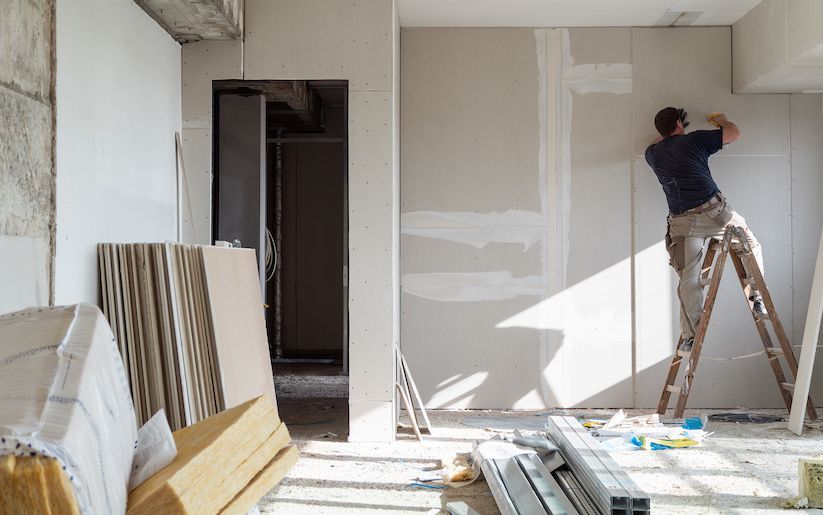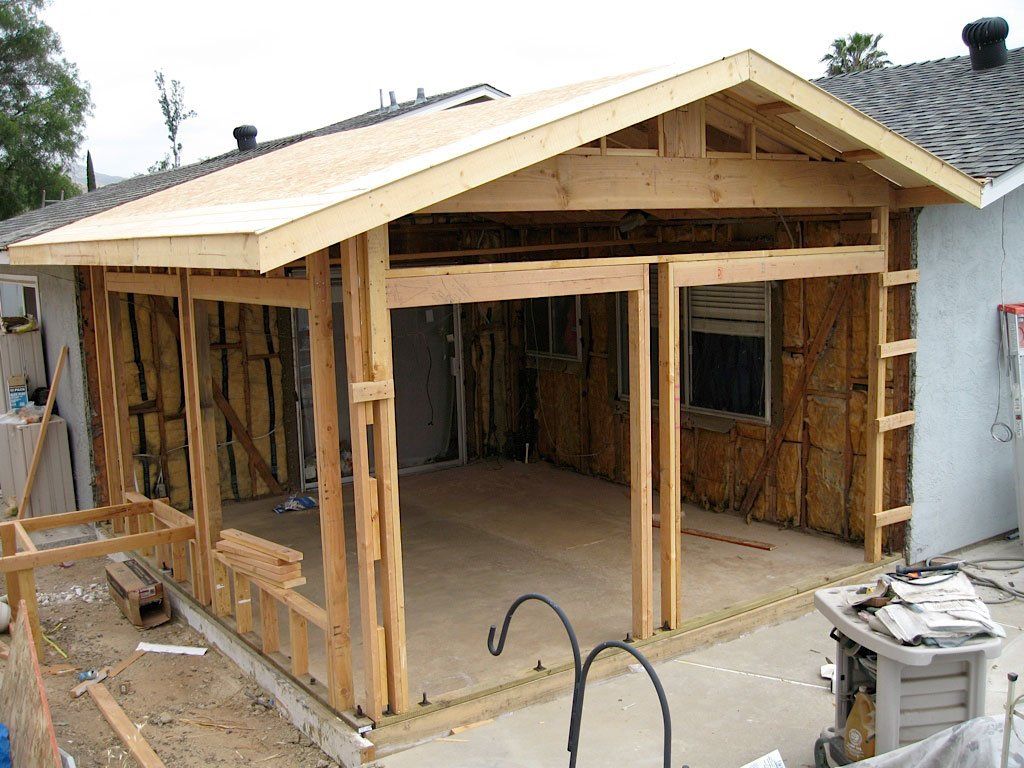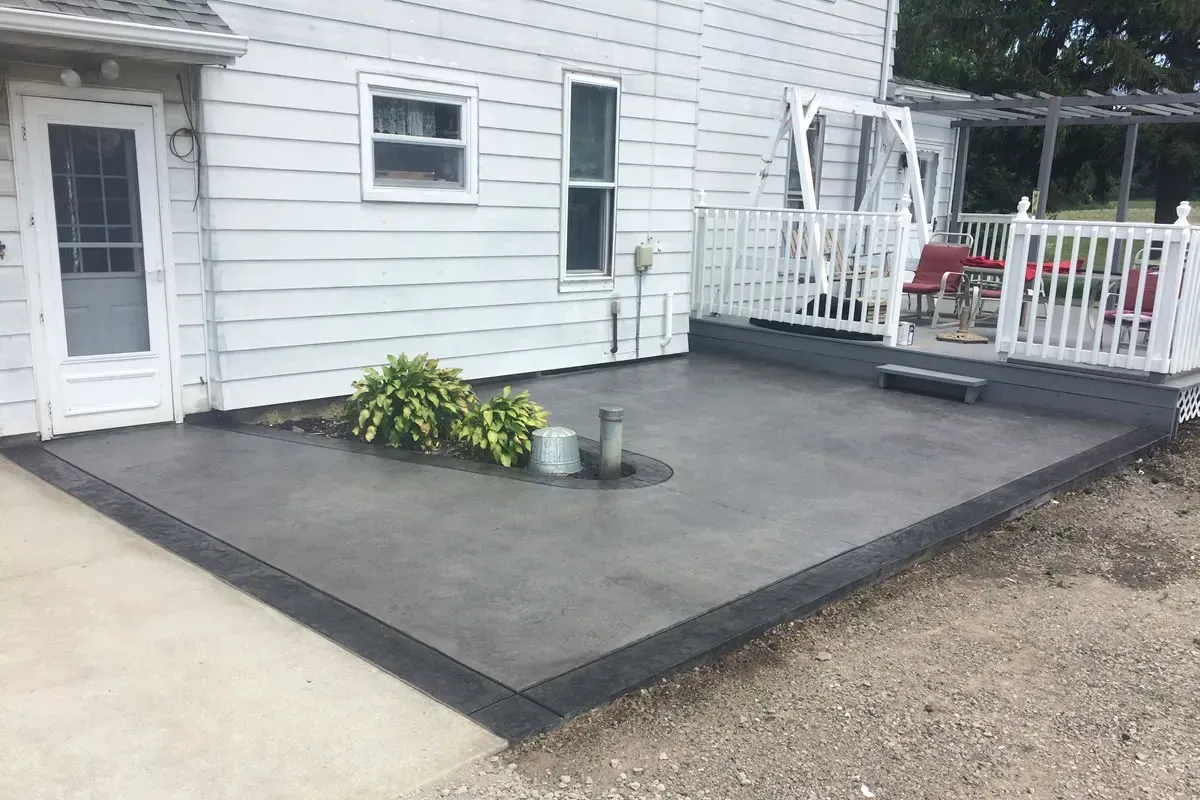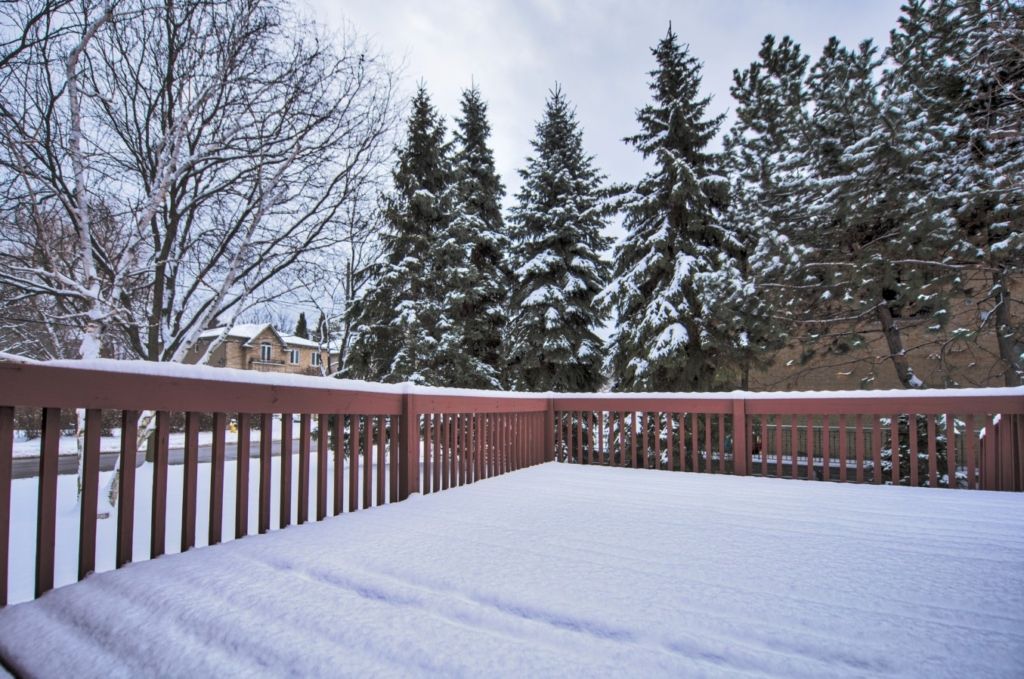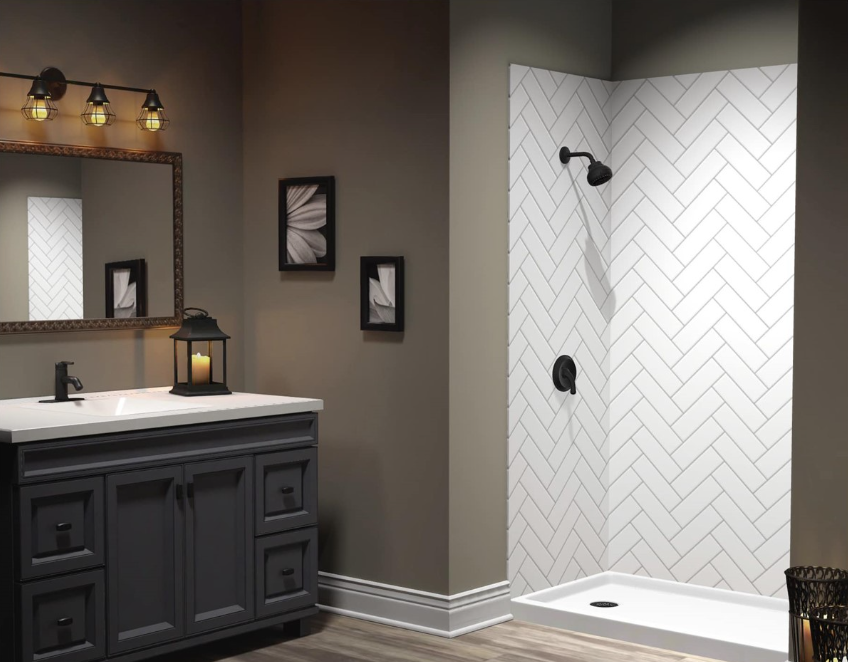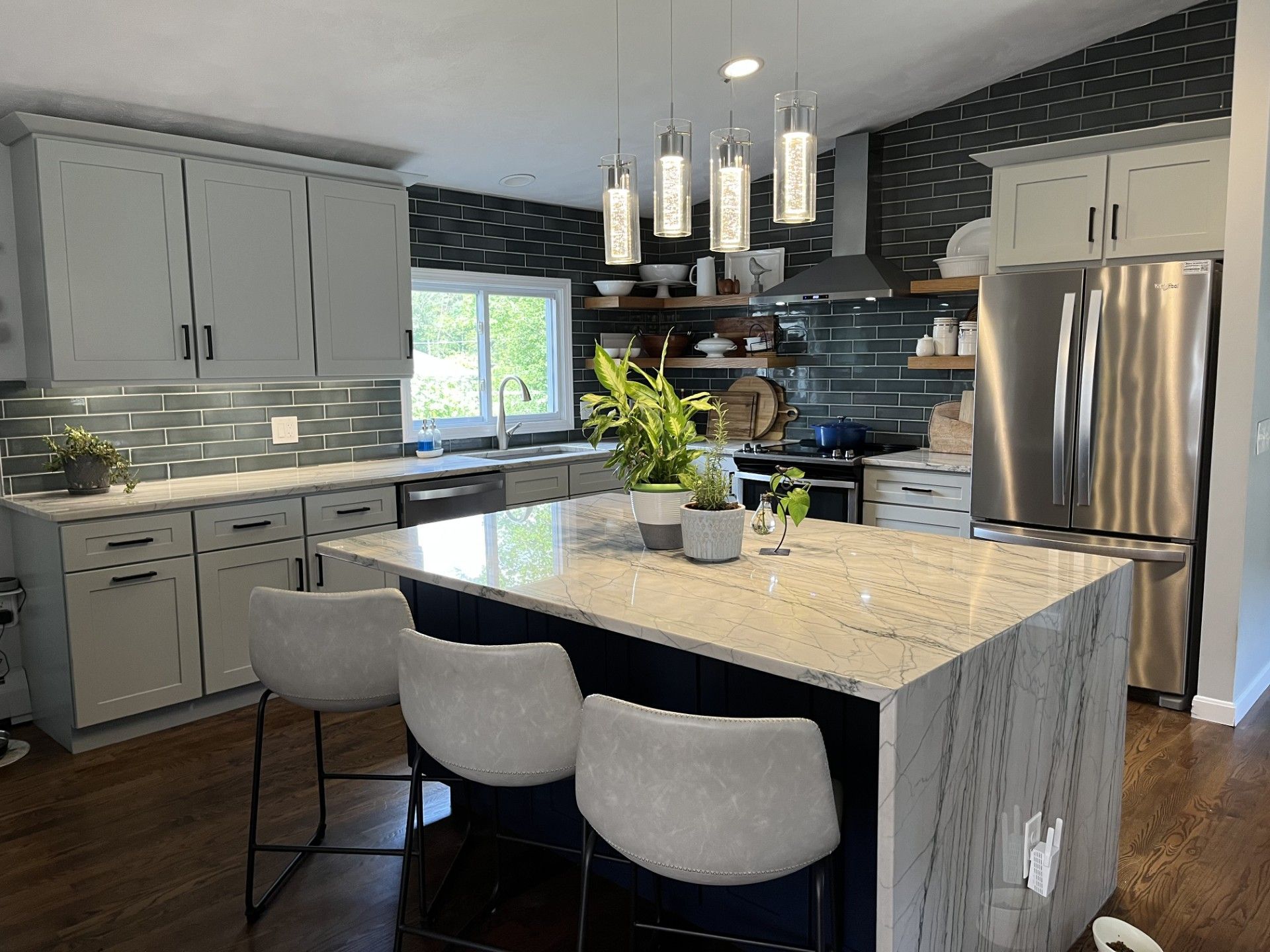Septic Tank Pumping vs. Replacement: Rhode Island
Septic tank pumping every 3-5 years costs $300-500 and maintains healthy systems, while replacement ($8,000-20,000) is needed when tanks are cracked, collapsed, or over 25 years old. Rhode Island's challenging conditions often accelerate tank deterioration, making professional inspection critical to determine the right solution.
Understanding Rhode Island's Septic System Challenges
Environmental Factors Affecting Septic Tanks
Rhode Island's unique geography creates specific challenges for septic tank longevity and performance. The state's glacial till soils, high seasonal water tables, and frequent coastal flooding put exceptional stress on septic systems throughout the Ocean State.
High Water Table Impact: Much of Rhode Island has groundwater within 2-4 feet of the surface, causing septic tanks to "float" or shift when empty, leading to pipe connections breaking and structural damage.
Coastal Flooding: With 400 miles of coastline and increasing storm intensity, many Rhode Island properties experience periodic flooding that can overwhelm septic tanks with salt water, killing beneficial bacteria and causing system failure.
Freeze-Thaw Cycles: Rhode Island experiences 25-30 annual freeze-thaw cycles that can crack concrete tanks and damage pipes, particularly in older systems without proper protection.
Clay Soil Conditions: The state's dense glacial soils prevent proper drainage around septic tanks, leading to prolonged saturation and accelerated deterioration of tank materials.
Regulatory Environment
The Rhode Island Department of Environmental Management (RIDEM) maintains strict oversight of septic systems, particularly in watersheds feeding into Narragansett Bay. Many municipalities now require annual inspections, making tank condition assessment a regulatory necessity rather than optional maintenance.
When to Pump Your Rhode Island Septic Tank
Standard Pumping Schedule
Household Size Recommendations:
- 1-2 people: Every 5 years
- 3-4 people: Every 3-4 years
- 5+ people: Every 2-3 years
- Heavy usage homes: Every 2 years
Rhode Island-Specific Factors:
- High water table areas: Pump more frequently (every 2-3 years)
- Coastal properties: Annual inspection recommended, pump as needed
- Older tanks (20+ years): Annual pumping may be necessary
- Properties with garbage disposals: Increase frequency by 50%
Signs Your Tank Needs Pumping
Immediate Pumping Indicators:
- Slow draining fixtures throughout the house
- Sewage backup in basement drains or lowest fixtures
- Strong sewage odors around tank or drain field area
- Gurgling sounds from drains when other fixtures are used
- Wet, soggy areas over the septic tank or drain field
Inspection Recommendations:
- Scum layer within 6 inches of outlet pipe
- Sludge layer covers more than 1/3 of tank depth
- Tank hasn't been pumped in 3+ years
- Recent heavy rainfall causing system stress
Rhode Island Pumping Costs
Standard Pumping Fees:
- Basic pumping: $300-400
- Large tanks (1,500+ gallons): $400-500
- Emergency pumping: $500-800
- Holiday/weekend service: $400-600
Additional Services:
- Tank inspection: $150-250
- Baffle repair: $200-400
- Filter cleaning/replacement: $100-200
- Pump chamber pumping: $200-300
Geographic Cost Variations:
- Providence County: $350-450 average
- Newport County: $400-500 average
- Washington County: $300-400 average
- Kent County: $325-425 average
- Bristol County: $375-475 average
When Rhode Island Septic Tanks Need Replacement
Age-Related Replacement Indicators
Concrete Tanks (most common in RI):
- 20-30 year typical lifespan in Rhode Island conditions
- Coastal properties: 15-25 years due to salt exposure
- High water table areas: 20-25 years due to structural stress
Steel Tanks (found in older RI homes):
- 15-20 year maximum lifespan
- Often rusted through by 10-15 years in coastal areas
- Should be replaced immediately if still in use
Fiberglass Tanks:
- 30-40 year lifespan when properly installed
- Can crack from shifting in Rhode Island's unstable soils
- Less common but increasingly popular for replacements
Structural Failure Signs
Tank Integrity Issues:
- Cracks visible in tank walls or bottom
- Separation at inlet/outlet pipe connections
- Tank settling or tilting due to soil conditions
- Baffle deterioration beyond repair
- Concrete spalling or steel corrosion
System Performance Problems:
- Frequent backups despite regular pumping
- Sewage surfacing in yard after pumping
- Groundwater infiltration diluting tank contents
- Tank fills rapidly after pumping (within weeks)
- Strong odors persisting after pumping and repairs
Environmental and Regulatory Triggers
RIDEM Compliance Issues:
- Failed annual inspection requirements
- Documented groundwater contamination
- Violations of setback requirements due to tank shifting
- Inability to meet new nitrogen reduction standards
Property Development Triggers:
- Home additions increasing wastewater volume
- Property sale requiring system certification
- Municipal sewer connection requiring tank abandonment
- Flood zone designation changes requiring elevated systems
Cost Analysis: Pumping vs. Replacement in Rhode Island
Long-Term Pumping Costs
15-Year Pumping Scenario (aging tank):
- Regular pumping every 3 years: $2,000
- Annual inspections: $3,000
- Emergency repairs: $2,500
- Additional maintenance: $1,500
- Total 15-year cost: $9,000
Disadvantages of Delaying Replacement:
- Increasing maintenance costs as tank ages
- Risk of catastrophic failure and emergency replacement
- Potential environmental violations and fines
- Property value impact from failed inspections
Rhode Island Tank Replacement Costs
Standard Concrete Tank Replacement:
- 1,000-gallon tank: $8,000-12,000
- 1,250-gallon tank: $10,000-15,000
- 1,500-gallon tank: $12,000-18,000
Advanced System Replacements:
- Precast concrete with pumps: $15,000-25,000
- Fiberglass tanks: $10,000-16,000
- Advanced treatment units: $20,000-35,000
Additional Replacement Costs:
- Permit fees: $300-800
- Soil testing: $500-1,200
- System design: $1,000-2,500
- Site restoration: $1,000-3,000
Break-Even Analysis
Replacement vs. Continued Pumping:
- Tank under 15 years old: Continue pumping and maintenance
- Tank 15-20 years old: Evaluate based on condition and repair history
- Tank over 20 years old: Replacement typically more cost-effective
- Failed inspection: Replacement often required by regulation
Rhode Island-Specific Considerations:
- Coastal properties: Earlier replacement due to harsh conditions
- High water table areas: Factor in potential structural issues
- Historic districts: May require special permits and materials
- Flood zones: New installations may require elevation or advanced systems
Rhode Island Septic Tank Inspection Process
Professional Inspection Requirements
Annual Inspection Components:
- Liquid level measurement and assessment
- Sludge and scum layer depth evaluation
- Inlet and outlet baffle condition check
- Tank structural integrity assessment
- Pump and alarm system testing (if applicable)
Inspection Costs in Rhode Island:
- Basic inspection: $150-250
- Comprehensive inspection with pumping: $400-600
- Real estate transaction inspection: $200-350
- Municipal compliance inspection: $175-300
DIY Inspection Warning Signs
Homeowner Observable Indicators:
- Tank cover condition and accessibility
- Obvious cracks or damage to visible components
- Ground settling or unusual wet areas
- Persistent odors around tank location
- System age and maintenance history
Professional Assessment Required:
- Internal tank condition evaluation
- Structural integrity testing
- Compliance with current regulations
- System capacity adequacy assessment
- Environmental impact evaluation
Rhode Island Soil and Site Factors
Soil Conditions Affecting Tank Longevity
Glacial Till Soils:
- Dense, poorly draining soils stress tank systems
- Can cause tanks to shift and pipe connections to fail
- Often require engineered solutions for replacements
Seasonal High Water Table:
- Causes empty tanks to "float" and shift position
- Accelerates concrete deterioration through saturation
- May require special anchoring systems for replacements
Coastal Soil Conditions:
- Salt intrusion accelerates metal component corrosion
- Sandy soils may not provide adequate tank support
- Flood-prone areas require elevated or flood-resistant designs
Site-Specific Replacement Considerations
Setback Requirements:
- 100 feet from private wells (150 feet in some municipalities)
- 75 feet from public water supplies
- 25 feet from property lines
- 10 feet from buildings and structures
Access Considerations:
- Equipment access for tank removal and installation
- Landscaping and hardscaping protection
- Utility line locations and conflicts
- Restoration requirements and costs
Municipal Regulations and Permits
Rhode Island Permit Requirements
RIDEM Permits:
- Individual Sewage Disposal System (ISDS) permit required
- Application fees: $300-600 depending on system type
- Professional design required for most replacements
- Soil evaluation and percolation testing mandatory
Local Municipal Requirements:
- Building permits for tank replacement work
- Health department approvals in some communities
- Historical commission review in historic districts
- Coastal Resources Management Council permits near water
Compliance Timeline
Typical Permit Process:
- Soil testing and evaluation: 1-2 weeks
- System design and engineering: 2-4 weeks
- Permit application and review: 4-8 weeks
- Installation scheduling: 2-6 weeks
- Final inspection and approval: 1-2 weeks
Emergency Replacement Process:
- Failed system documentation required
- Expedited permit processing available
- Temporary solutions may be permitted
- Higher costs for emergency service
Maintenance Between Pumping and Replacement
Extending Tank Life in Rhode Island
Preventive Maintenance:
- Regular pumping on appropriate schedule
- Annual professional inspections
- Prompt repair of minor issues
- Protection from heavy vehicle traffic over tank
Bacterial Health Maintenance:
- Avoid excessive household chemical use
- Don't flush non-biodegradable items
- Minimize garbage disposal use
- Use septic-safe cleaning products
Structural Protection:
- Maintain proper drainage around tank area
- Protect tank covers from damage
- Mark tank location for future access
- Monitor for settling or ground movement
Warning Signs of Imminent Failure
Emergency Indicators:
- Sewage backup despite recent pumping
- Tank contents visible at ground surface
- Strong sewage odors throughout property
- Multiple fixture backups simultaneously
- Wet, black soil around tank area
System Assessment Triggers:
- Increasing pumping frequency requirements
- Pumping costs exceeding $500 annually
- Multiple repair needs within one year
- Failed municipal inspections
- Neighbor complaints about odors or contamination
Environmental Impact and Health Considerations
Failed Tank Environmental Risks
Groundwater Contamination:
- Bacteria and virus contamination of drinking water wells
- Nitrogen pollution contributing to algae blooms
- Chemical contamination from household products
- Long-term environmental damage requiring remediation
Surface Water Impact:
- Runoff contamination of streams and ponds
- Narragansett Bay nitrogen loading
- Shellfish bed contamination and closure
- Recreational water quality impairment
Health Risks from Delayed Action
Direct Health Hazards:
- Exposure to disease-causing bacteria and viruses
- Respiratory issues from sewage gases
- Skin and eye irritation from contaminated water
- Gastrointestinal illness from contaminated wells
Property and Community Impact:
- Neighbor health risks from groundwater contamination
- Property value reduction from environmental violations
- Legal liability for contamination damage
- Municipal enforcement action and fines
Professional Services and Contractor Selection
Choosing Qualified Rhode Island Contractors
Essential Contractor Qualifications:
- Rhode Island state contractor license
- RIDEM certification for septic work
- Liability insurance minimum $1 million
- Workers compensation coverage
- Local references and established reputation
Specialized Experience Requirements:
- Knowledge of Rhode Island soil conditions
- Experience with coastal and high water table installations
- Understanding of RIDEM and local regulations
- Capability for emergency response services
- Equipment for challenging site conditions
Service Quality Indicators
Professional Service Standards:
- Written estimates with detailed scope of work
- Clear timeline and project management
- Proper permitting and inspection coordination
- Site protection and restoration planning
- Warranty on materials and workmanship
Red Flags to Avoid:
- Door-to-door sales or high-pressure tactics
- Significantly below-market pricing
- Lack of proper licensing or insurance
- Unwillingness to provide local references
- Cash-only payment requirements
Seasonal Considerations for Rhode Island
Optimal Timing for Tank Work
Best Seasons for Replacement:
- Late spring (May-June): Ground conditions optimal
- Early fall (September-October): Before winter freeze
- Dry periods: Easier excavation and installation
- Moderate temperatures: Better working conditions
Challenging Seasons:
- Winter: Frozen ground increases costs significantly
- Mud season (March-April): Poor access and soil conditions
- Peak summer: Higher costs due to demand
- Hurricane season: Weather delays and complications
Emergency Considerations
Winter Emergency Response:
- Limited contractor availability
- Higher costs for frozen ground excavation
- Temporary solutions may be necessary
- Extended timeline due to weather conditions
Flood Season Preparations:
- Pre-storm inspections and maintenance
- Emergency contact information readily available
- Temporary pumping arrangements if needed
- Post-storm damage assessment protocols
Technology and Innovation in Rhode Island Septic Systems
Advanced Tank Technologies
Modern Tank Materials:
- High-strength concrete with polymer additives
- Fiberglass tanks designed for Rhode Island conditions
- Precast concrete with improved joint sealing
- Corrosion-resistant coatings and treatments
Smart Monitoring Systems:
- Tank level monitoring and alerts
- Pump operation tracking and diagnostics
- Remote access for system status checking
- Predictive maintenance scheduling
Regulatory Technology Requirements
Advanced Treatment Requirements:
- Nitrogen-reducing systems in sensitive watersheds
- Enhanced treatment for coastal properties
- Monitoring requirements for advanced systems
- Regular testing and reporting obligations
Making the Right Decision for Your Rhode Island Property
Decision Framework
Choose Pumping When:
- Tank is less than 15 years old
- Recent inspection shows good structural condition
- No history of frequent repairs or problems
- System meets current regulatory requirements
- Budget constraints favor maintenance over replacement
Choose Replacement When:
- Tank is over 20 years old
- Structural damage or deterioration evident
- Frequent repairs exceeding $1,000 annually
- Failed regulatory inspections
- System inadequate for current household needs
Professional Consultation Benefits
Expert Assessment Value:
- Accurate evaluation of tank condition and remaining life
- Cost-benefit analysis of repair vs. replacement options
- Regulatory compliance guidance and planning
- Site-specific recommendations for Rhode Island conditions
- Long-term maintenance and planning advice
Financial Planning and Assistance
Financing Options for Rhode Island Homeowners
Septic System Loans:
- Home equity loans for major replacements
- Personal loans for emergency situations
- Municipal financing programs in some communities
- Contractor financing options with qualified providers
Potential Assistance Programs:
- USDA Rural Development grants for qualifying properties
- Municipal betterment programs for sewer connections
- Environmental remediation assistance for contamination
- Senior citizen assistance programs in some communities
Insurance Considerations
Homeowner Insurance Coverage:
- Most policies exclude gradual septic system failure
- Sudden damage from external causes may be covered
- Flood insurance may cover storm-related damage
- Additional coverage available for environmental liability
Need expert guidance on septic tank pumping or replacement for your Rhode Island property?
Rockhouse Construction provides comprehensive septic system services throughout the Ocean State, from routine maintenance and pumping to complete tank replacement and system upgrades. Our experienced team understands Rhode Island's unique soil conditions, high water table challenges, and strict environmental regulations, ensuring your septic system operates safely and efficiently while meeting all local requirements. Whether you need emergency pumping, professional system assessment, or complete tank replacement, we'll help you make the right decision for your property's specific needs and budget.
Contact Rockhouse Construction today for reliable septic system solutions you can trust.
